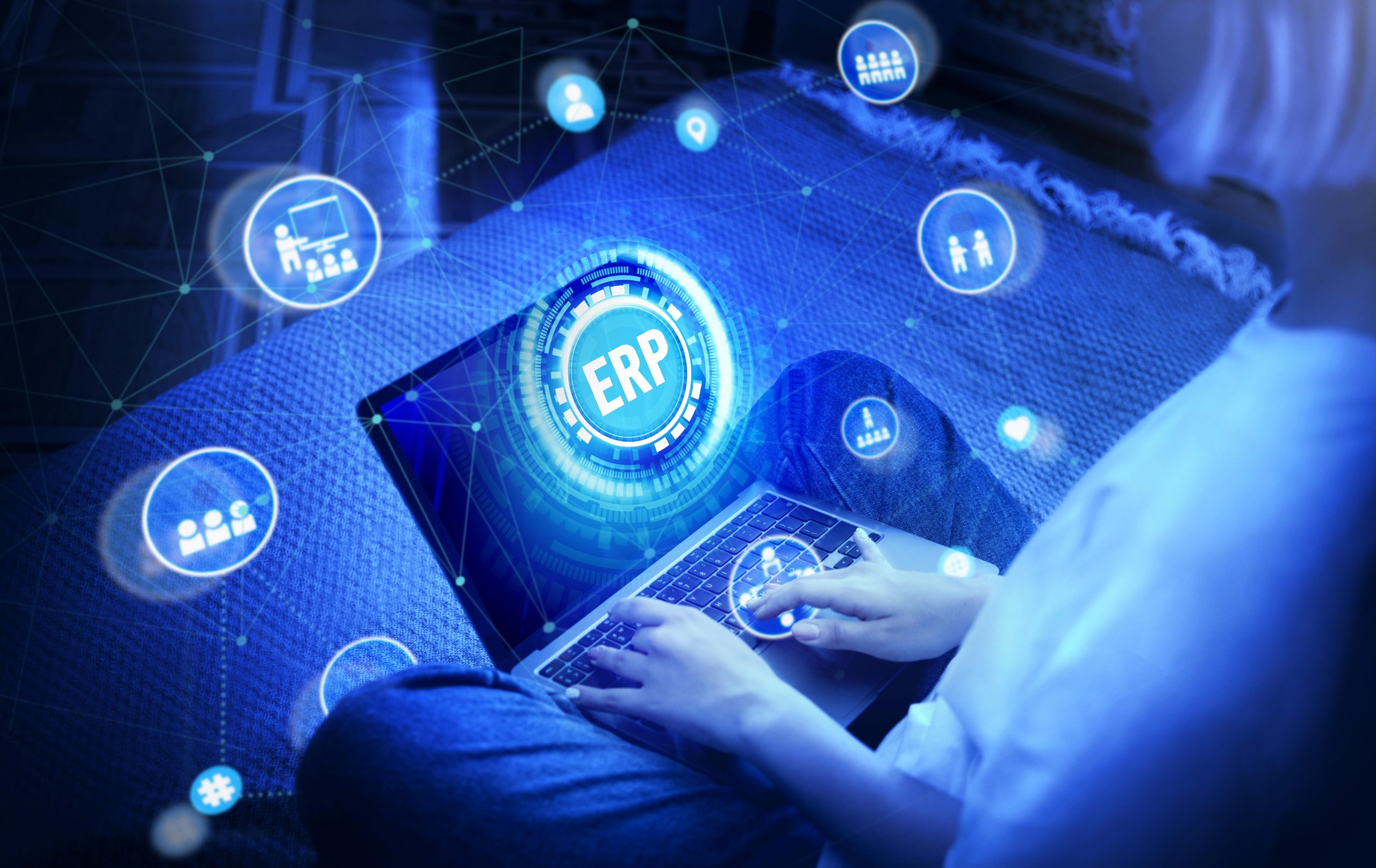
Streamline Business Operations: ERP Financial Accounting Software
No doubt ERP software is the most inevitable part of every business that wants to compete in this business-paced world. It has several functionalities that are required to address many inventory requirements, productivity, visibility, and the quality of finished products. ERP software is specifically designed to integrate other business operations into a single unified system on a central database. The ERP Financial Accounting Software shares business data with other business functions such as inventory management, customer relationship management, and production planning.
What is the ERP Finance Module?
ERP finance module is one of the components of ERP software that handles all the financial and accounting tasks of an ERP system. It contains GL and balance sheets that generate financial reports and help in transactions such as invoicing and expense reporting. ERP financial accounting software is also known as core finance which also supports other financial functions including revenue management and profitability analysis.
Why Are Finance Modules Important?
The very first component activated in the ERP system is the finance module that ensures accounting accuracy which is important to meet the stringent reporting requirements and financial regulations. It also provides financial data that is needed to improve corporate performance. This is the module that makes ERP software different from other integrated business applications like HCM and supply chain management.
Features of ERP Finance Module:
The main features of an ERP financial accounting software are mentioned below:
1- General Ledger GL
It contains all the records of the company’s financial transactions. This module tracks capital, income and expenses, assets, and liabilities in the form of numbered accounts such as cash and inventory accounts, and payable and receivable accounts. The totals are saved in the key reports that are made in the finance module which records income statements, liabilities, and assets. This later on shows revenues and expenses
2- Accounts Payable AP
This function mainly assists and manages all the money that is owned by creditors and vendors. ERP system can save time and money by automating this AP function so that the chances of human error will also be reduced. It also enables better control of cash flows by integrating the organization’s payable data with its purchasing system
3- Accounts Receivable AR
This function is used to manage customers’ money track invoices, and payments, and manage cash. This is also used to automate some tasks such as payment reminders, generating recurring voices, and financial statements. It overall improves customer satisfaction and cash flow.
4- Fixed Asset Management
You can use this feature to manage palpable assets including factory equipment, vehicles, and computers. You can also track calculations, compliance, regulatory requirements, and tax implications.
5- Risk Management
With the help of this feature, you can predict and manage risks to the financial stability and operations of your company. This feature also enables you to manage issues related to security, compliance, legal liabilities, and reputational risks.
6- Profit Tracking
With this feature you can track the overall financial health of your business and how is it using its financial resources. This feature is also known as profitability analysis as it provides you visibility into where the profit is coming from.
Conclusion
No doubt there are numerous benefits to using ERP financial accounting software. You can manage all the financial tasks with greater insights as the finance manager understands all the capital requirements. With the help of an ERP system, you can have an all-in-one solution that has all the modules related to sales, finance, procurement, and much more. With the ERP financial module, you will have all the capabilities that are required to build an industry. Thus, do not wait and visit us today at CherryBerry ERP to avail this module at high standards.
